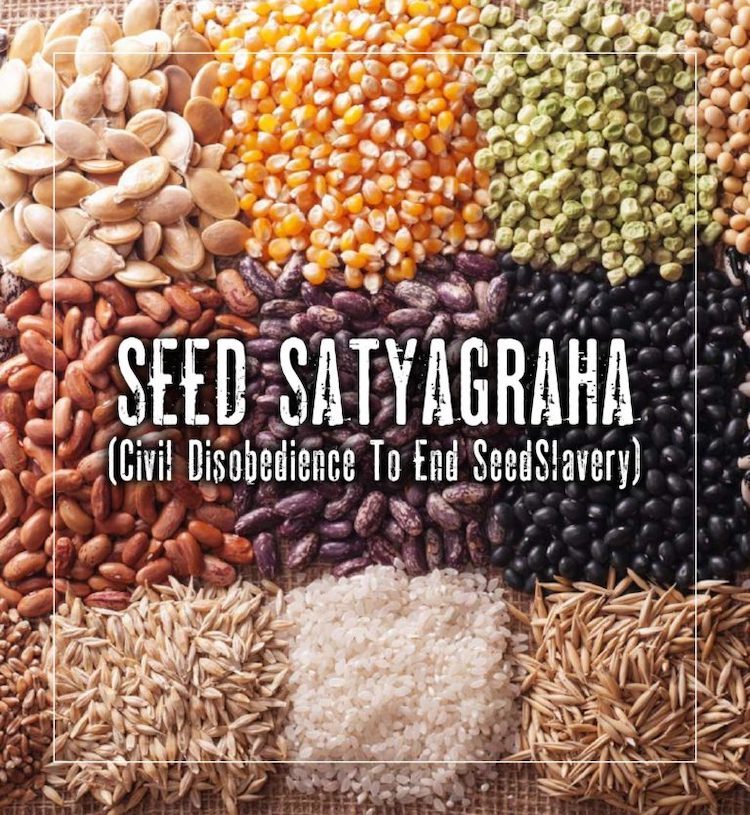Seed Banks Protect Biodiversity
By Suresh Persaud, ISKCON News Contributing Writer | Sep 18, 2021

Seed banks are instrumental for collecting, saving, and exchanging indigenous seed varieties that would otherwise be lost. According to Biodiversity International, plant diversity is part of the solution for helping farmers cope with global warming and extreme weather outcomes.
ISKCON News published a fascinating external article on an Indian seed bank in 2013. This issue is now even more relevant today.
In my view, seed banks are indispensable for protecting biodiversity and strengthening ISKCON’s farm communities, as the planet faces fundamental disruptions to global food systems.
Unfortunately, research indicates global agriculture has moved in the opposite direction. According to the Food and Agriculture Organization (FAO), since the 1900s approximately 75% of the world’s plant genetic diversity has been lost, largely as a result of the widespread adoption of commercial farming techniques. Specifically, farmers have come to rely too heavily on the same one or two varieties of seed purchased from agribusiness corporations.
Commercial seeds are genetically engineered so they cannot be replanted and are only suitable for a relatively narrow range of growing conditions because of their genetic uniformity. Industrial farming, which is based largely on monoculture rather than crop diversity, is highly vulnerable to hot and volatile weather, as well as to increases in pests and diseases such weather will bring.
I would suggest that as climate change continues to destabilize global agricultural systems, ISKCON farm communities will require a wider range of seed and plant species. A diversified portfolio of crop varieties tends to be more resilient to variable amounts of rain, changing temperatures, saline conditions, and emerging pests and diseases.
With its numerous centers that span the globe, I feel that ISKCON is uniquely positioned to bring biodiversity to new heights. ISKCON is a multinational organization, with roots in a wide range of countries, climate zones, and agronomic conditions. Given its population of observant devotees with a proven ability to improvise, ISKCON is capable of building an array of seed banks in various countries that exchange valuable information with each other. In any case, it is an objective fact that food sovereignty is impossible without seed sovereignty.
Suresh Persaud is a retired Agricultural Economist, formerly with the United States Department of Agriculture (USDA).















